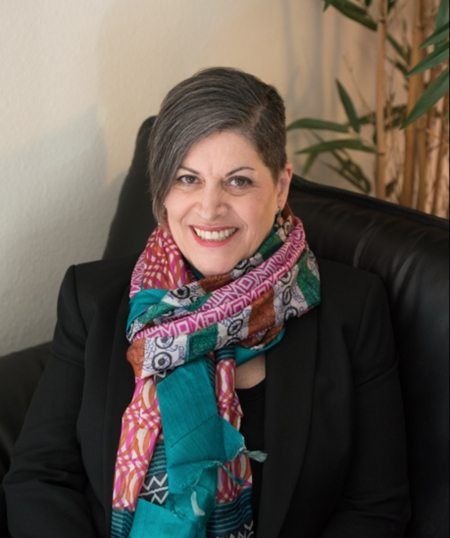Whatever you think about , he is onto something. He figured out that people looking at porn just might also be looking for reliable information about sex. He’s right—pornography is a source of sex education for millions of people, as told in this article in the Irish Times.
Of course, the education they get usually isn’t what most sex therapists, counselors, and educators would hope. For example, a man viewing pornography might wonder why his partner isn’t having multiple orgasms after two minutes of foreplay and one minute of intercourse. He may even get upset with himself and pressure her, creating tension where none should be had.
It isn’t his fault. Where is he supposed to look for good information about sex? Who is the best resource when he has questions? When a woman has pain with intercourse, where can she turn?
Sex therapists, counselors, and educators would be a great place to start. Even then, the public may not know that there is a difference between, say, a couples therapist who can help with mismatched desire, and a couples therapist who can help recover sexual function after trauma. The first may have taken a weekend course or two, but the latter has gone to the trouble of getting .
If you aren’t aware that there is a certification available for sex therapists and other sexuality professionals, well, there is. The , or AASECT, is the oldest and largest certifying body in the United States. AASECT has set the high mark for the type of education, training, and supervision a therapist, counselor, or educator needs to provide reliable information about sex to the public.
Being part of AASECT has formed a large part of my identity. When I determined that I wanted to specialize in sex therapy, AASECT helped me figure out what to do to practice ethically. They laid out everything I needed to learn, plus how many hours of sex therapy and supervision I would need. While anybody can access good information about sexuality (see my book What Every Mental Health Professional Needs to Know about Sex, 2nd Ed.), it was my supervision that really brought my knowledge to a whole different level of confidence.
More than that, AASECT helped form a community of mental health, healthcare providers, and educators who can provide the public—as well as other professionals—with good information about sex. We are all out there, helping clients or patients; speaking at universities; giving talks to support groups; writing research, blogs, articles, and books; and creating podcasts and YouTube channels to educate people about sex.
I’ve done my part as a sex therapist for two decades, now I’m educating others. It’s exciting to mentor people who see the need to educate others about sex and to treat sexual problems of every kind. I realize some people may not want to make sex therapy or counseling their main objective, but simply want to learn enough to give clients information and suggestions for sexual difficulties. But for those who do, then AASECT certification is really a must. Getting a full education, training, and supervision is the only ethical way to guarantee that the public will get the sex education they really need.
Subscribe t o my newsletter and receive your free guide, “Assessing Sexual Issues".
o my newsletter and receive your free guide, “Assessing Sexual Issues".
Subscribe
Thank you!
Expect news of future blog posts and other free content plus announcements of new courses and programs.
We never sell your information, promise.
We never sell your information, promise.